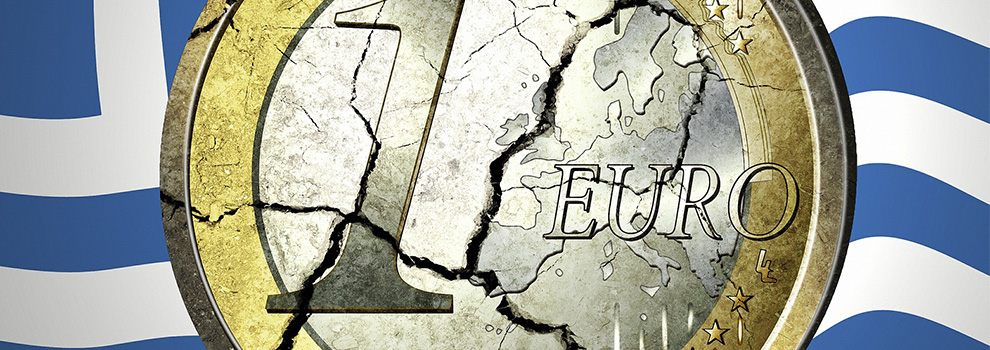Drachmae: a Bitcoin-like Solution for Greece’s Troubled Economy
CNBC contributor Brian Kelly, the author of “The Bitcoin Big Bang: How Alternative Currencies Are About to Change the World,” proposes a quick and simple bitcoin-like solution for Greece’s troubled economy.
Since the January elections that brought the “anti-establishment” Syriza party to power, Prime Minister Alexis Tsipras has been trying to renegotiate the Greek debt with the European Union (EU), but the country remains strangled by foreign debt. Rumors of a possible “Grexit,” the exit of Greece from the EU, keep surfacing.
Writing on CNBC, Kelly notes that Greece could stay in the Eurozone and begin repaying its debt, but it needs a method to monetize state-owned assets while still maintaining ownership. Kelly is persuaded that a digital currency based on blockchain technology could provide the solution.
While Greece may not have the liquidity to satisfy its current obligations it does have enough illiquid assets to solve much of its financial problems. The Greek government could use blockchain technology to create a digital currency backed by Greece’s 86 billion euros in illiquid assets.
The government of Greece would place a portion of its assets into a trust, and create a digital currency backed by this basket of assets. The digital currency could then be used to repay creditors and pay government employees. Initial proceeds from the sale of the currency could be used to meet obligations to the European Union, while government employees could be paid in this parallel currency.
According to a Reuters report, the European Central Bank is working on an IOU-based secondary currency similar to the IOU’s used by California in 2009. Kelly notes that Greece’s Finance Minister Yanis Varoufakis wrote a blog post in February proposing a similar IOU-based currency, which he dubbed Future Tax Coin (FT-Coin). Varoufakis is not impressed by bitcoin as a currency, but he is persuaded that its underlying technology could be put to effective use in troubled economies.
“[T]he technology of Bitcoin, if suitably adapted, can be employed profitably in the Eurozone as a weapon against deflation and a means of providing much needed leeway to fiscally stressed Eurozone member-states,” said Varoufakis. His post explained in detail how Greece could create an FT-Coin payment system with a Bitcoin-like algorithm to make it transparent, efficient and transactions-cost-free.
According to Kelly, an IOU currency issued by a government under financial stress is not a workable solution. Its acceptance would depend on the public confidence in the Greek government and its ability to collect future taxes, which can’t be taken for granted, and on the availability of easy ways for consumers to spend the new currency.
Kelly is persuaded that his alternative proposal – an opportunity for real-world implementation of block-chain technology – would work, and invites everyone to be a part of the solution by submitting proposals and commenting at drachmae.org. A wiki has been created where block-chain technology firms can submit and discuss all the technology that will be needed.
“The aim of this WIKI is to support a white paper and project think tank looking to see if a viable working real-life solution can be delivered to help Greece with their real-world problems,” says the drachmae wiki. “An open invite has been put out to the Crypto and wider technical community to understand how blockchain technology can be used to provide a working solution.”
On May 20, Kelly will host an online symposium where companies will have the opportunity to present their piece of the workable solution.
The post Drachmae: a Bitcoin-like Solution for Greece’s Troubled Economy appeared first on Bitcoin Magazine.



